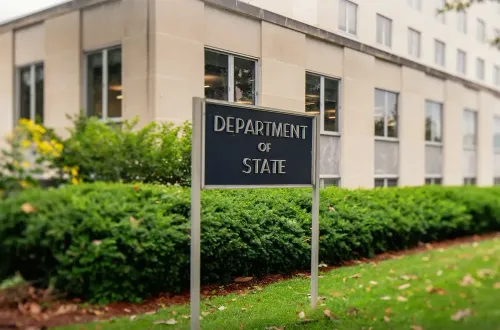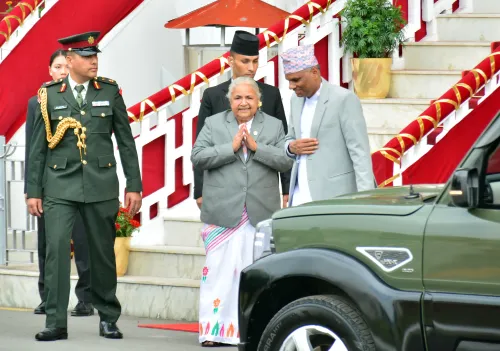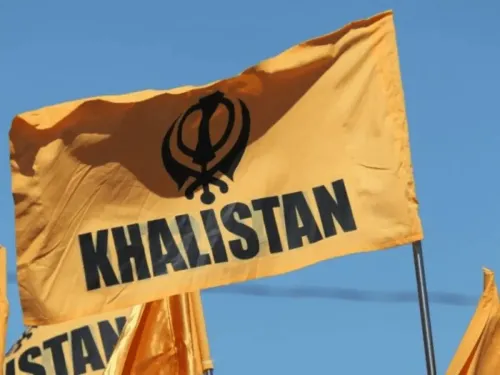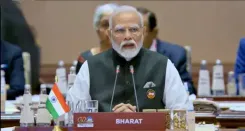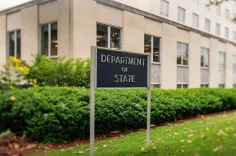Are South Korean and US Diplomats Committed to North Korean Denuclearisation?
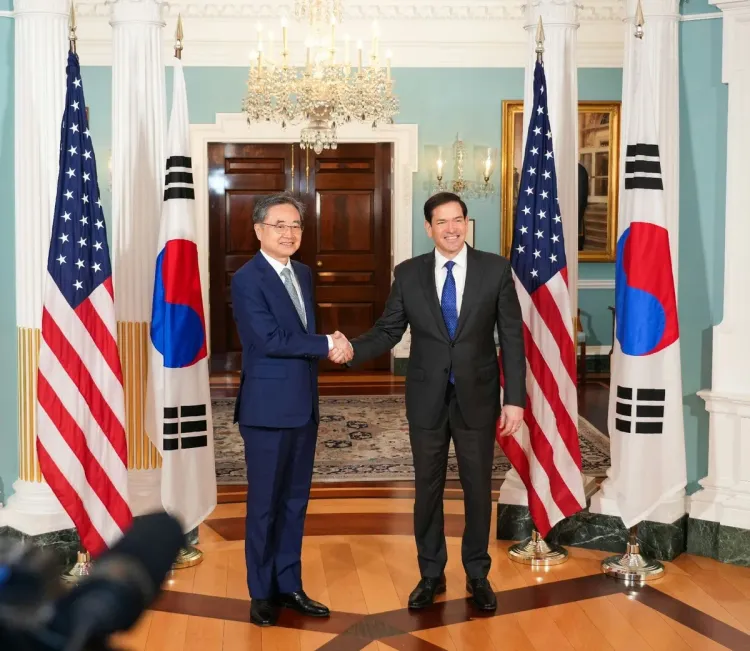
Synopsis
Key Takeaways
- Commitment to complete denuclearisation of North Korea emphasized.
- Full enforcement of sanctions against North Korea discussed.
- Trade deal involves $350 billion investment from South Korea.
- Modernization of the alliance to enhance strategic significance.
- Focus on advanced technology sectors for future cooperation.
Seoul, Aug 1 (NationPress) The leading diplomats from South Korea and the United States reaffirmed their steadfast commitment to the total denuclearisation of North Korea and the complete enforcement of sanctions during discussions in Washington, a spokesperson from the State Department stated.
Foreign Minister Cho Hyun and US Secretary of State Marco Rubio engaged in their first dialogue since the initiation of the Lee Jae Myung administration last month, confronting various cooperation challenges, including preparations for a summit between Lee and US President Donald Trump.
Their meeting followed Trump’s announcement of a trade agreement with Korea, revealing that the summit with President Lee will occur at the White House in two weeks.
According to spokesperson Tammy Bruce, "Secretary Rubio and Foreign Minister Cho also reiterated their steadfast commitment to the complete denuclearisation of the DPRK, the full execution of international sanctions, and voiced serious concerns regarding North Korea's escalating military collaboration with Russia."
The DPRK stands for the Democratic People's Republic of Korea, North Korea's official name.
The unity expressed by the top diplomats against North Korea's nuclear threats came shortly after Kim Yo-jong, the influential sister of North Korean leader Kim Jong-un, dismissed the likelihood of negotiations regarding the North's denuclearisation, while acknowledging that the personal rapport between Trump and Kim is "not bad."
During their discussions, Cho and Rubio highlighted the unwavering strength of the bilateral alliance, described as the linchpin of peace, security, and prosperity on the Korean Peninsula and in the Indo-Pacific for over 70 years, as per Bruce's statement.
They expressed ongoing support for their mutual objective of reinforcing the US-ROK alliance, encompassing a robust combined defense posture and the continued provision of extended deterrence to the ROK, which is the official name for South Korea.
Extended deterrence refers to the US's declared commitment to utilize its full spectrum of military capabilities, including nuclear weapons, to protect its ally.
The leading diplomats welcomed Wednesday’s trade agreement and the upcoming visit of the South Korean president to Washington, as reported by Yonhap news agency.
The trade deal, finalized last Thursday, commits South Korea to invest US$350 billion in the US in exchange for reducing the reciprocal tariff rate from 25% to 15%.
According to Seoul's foreign ministry, "The minister and secretary shared a common understanding on the necessity to enhance cooperation in shipbuilding and agreed to promote a pan-government framework to realize this cooperation."
They also concurred that both countries should strive to modernize the bilateral alliance to elevate its strategic significance, the ministry indicated.
The term modernization of the alliance has been increasingly referenced by both Seoul and Washington and is largely perceived as a US call for its allies to take on more of the defense responsibilities while supporting its strategy to counter China.
Cho expressed hope that advanced technology sectors, including artificial intelligence, nuclear energy, and quantum technology, will evolve into another significant pillar of alliance cooperation moving forward, the ministry stated.
Reflecting on South Korea's invitation to Trump for this year’s Asia-Pacific Economic Cooperation summit, Cho also sought US support for successfully hosting the event.


